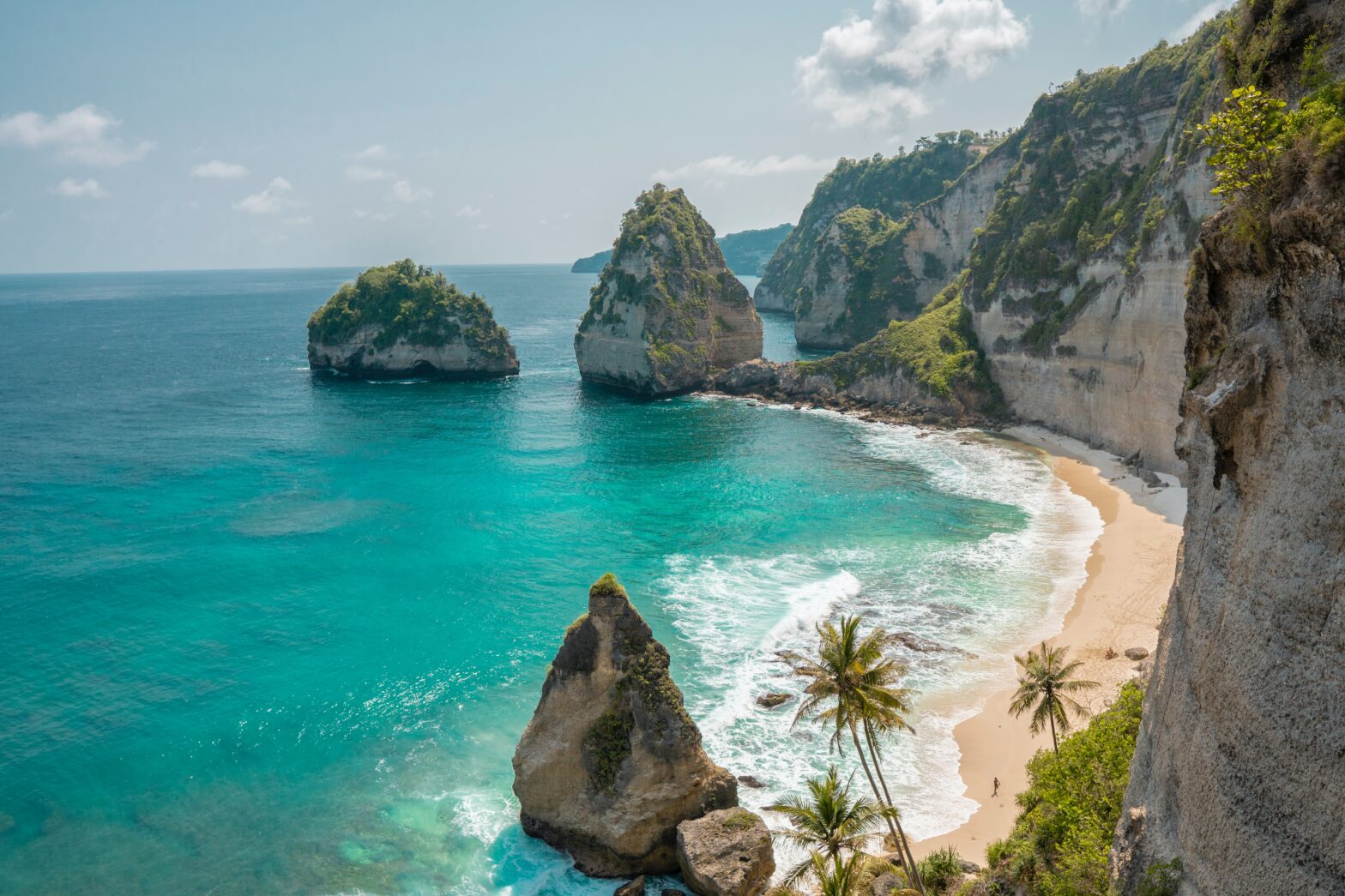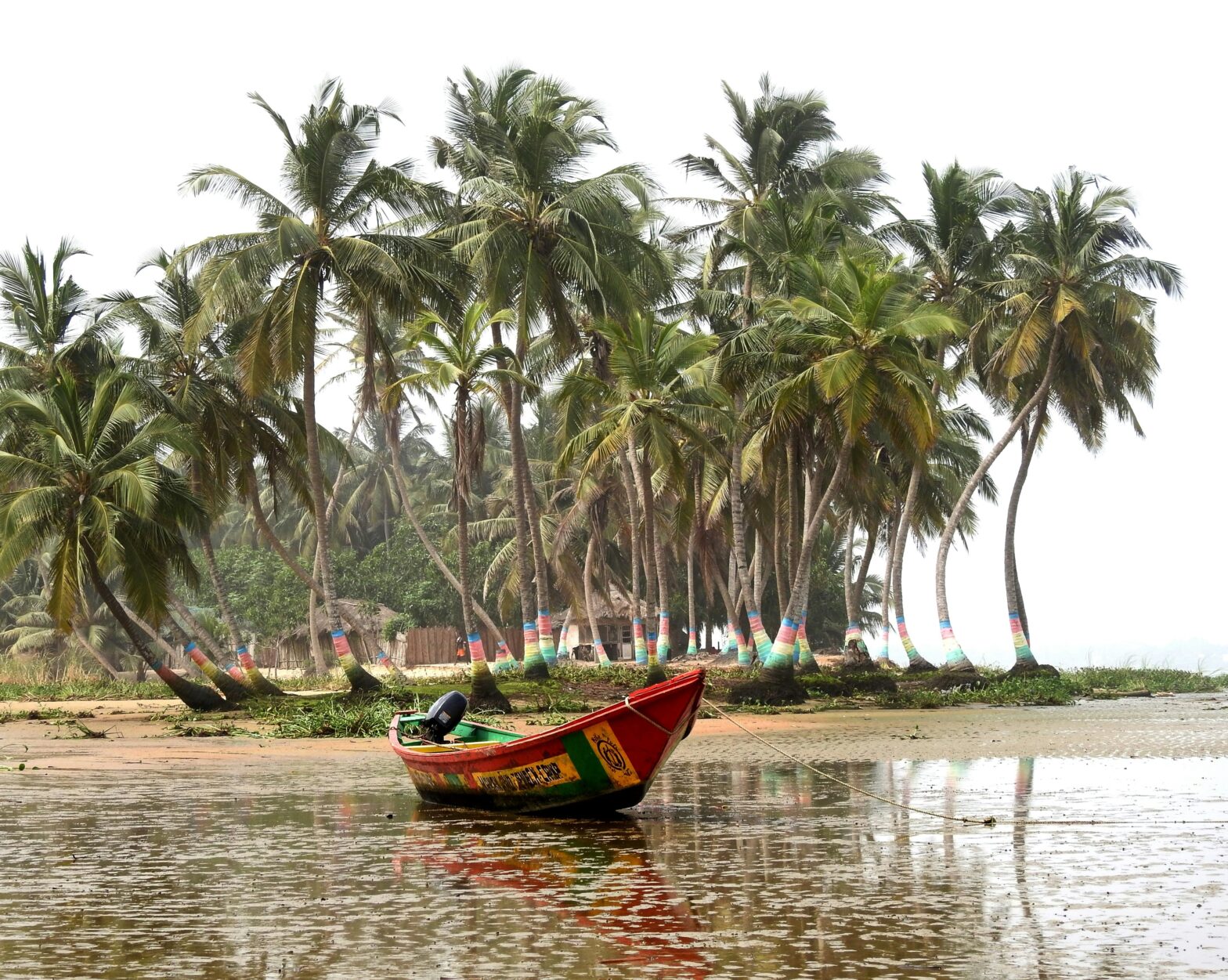Bali’s authorities are taking action to address the issue of unruly tourists on the island. Indonesia’s Director General of Immigration plans to establish a dedicated task force to deal with badly-behaved visitors. They also aim to reduce low-spending tourism. As local news in Bali reported in late July, this move aligns with the broader goal of promoting sustainable and high-quality tourism.
The Bali provincial government has named this new task force the Bali Becik Task Force. The term becik means ‘good’ in Balinese, symbolizing the mission’s intention to foster positive tourism behavior. The collaborative effort involves multiple immigration offices and authorities.
The Bali Becik Task Force aims to conduct one hundred immigration control operations monthly. The group will enforce penalties, restorative justice measures, and potential deportations for violators. To mitigate disruptions to tourism, Bail officials will conduct these operations discreetly. However, concerns have arisen among some tourists about government-mandated investigations based on public reports.
Reducing Violations of Laws
Director General Karim hopes that the task force’s establishment will reduce violations of laws and norms by foreigners in Bali. This policy coincides with the 12 Obligations and 8 Prohibitions for Foreigners issued by the Provincial Government of Bali.
To support the task force’s efforts, the island’s officials encourage both tourists and residents to report any instances of foreigners breaking the law or disrespecting cultural norms in Bali. Also, Bali’s government introduced the “no wrong door” approach. It implemented a new hotline number created to facilitate the formal reporting of complaints and violations.
From January to June 2023, Indonesia deported 163 foreign nationals from the island for various reasons, including lawbreaking, cultural insensitivity, visa overstays, unauthorized employment, and running illegal businesses in Indonesia. This initiative marks a significant step towards maintaining Bali’s reputation as a top tourist destination while promoting responsible tourism practices and respect for local customs.





